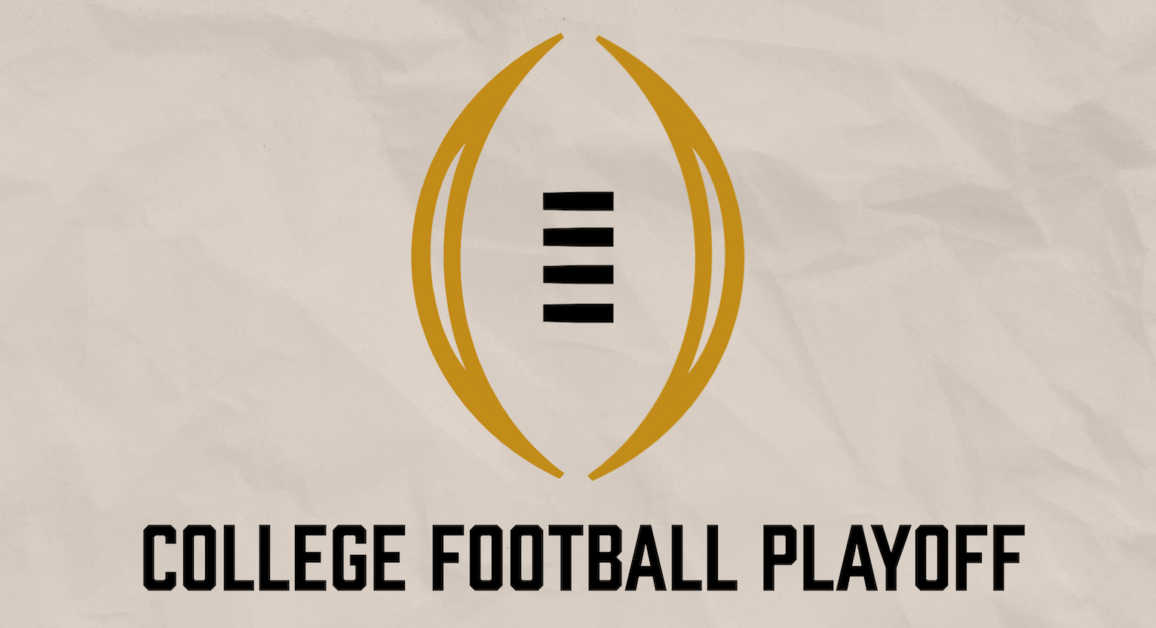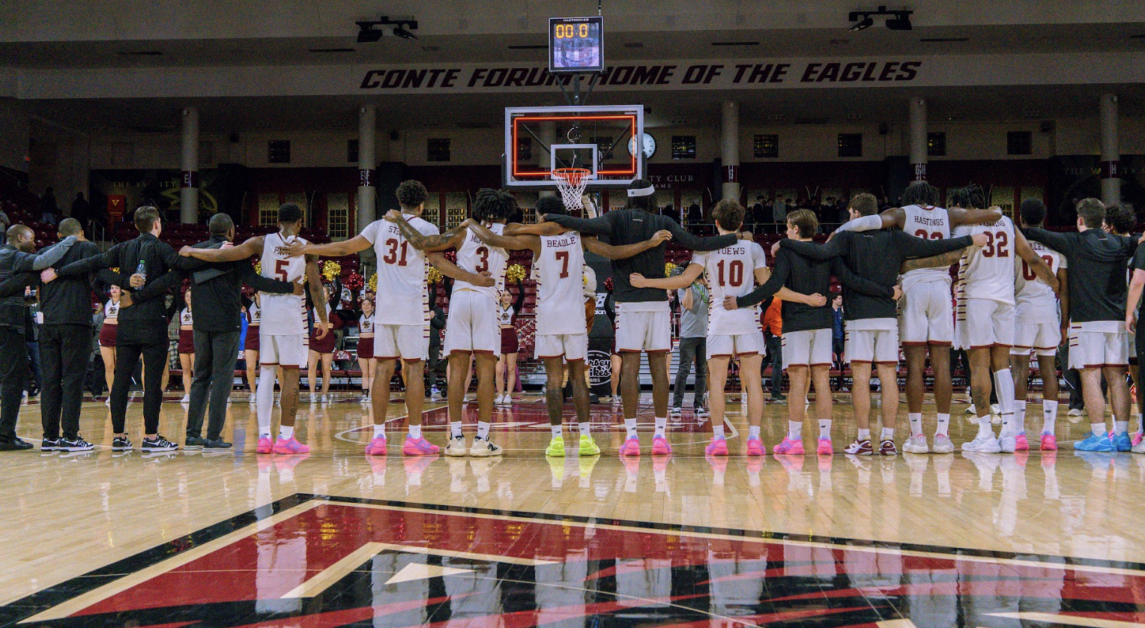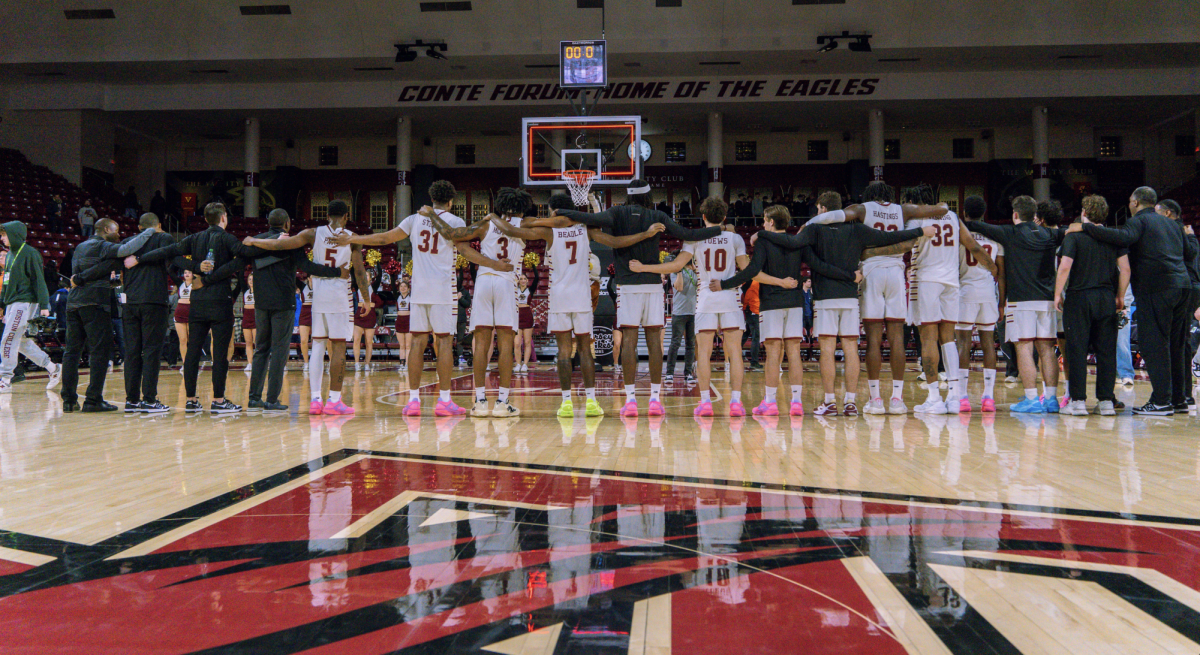Like most college football fans, I was ecstatic when the College Football Playoff replaced the Bowl Championship Series (BCS) system in 2014. The move seemed like a no-brainer. The College Football Playoff would give a greater number of deserving teams a shot at the National Championship, create more exciting games, and allow college football to steal a tiny sliver of the tournament drama that makes March Madness so incredible. All that compared to a one-game system largely based on quixotic computer rankings? There was no choice to be made.
Seven years on, the Playoff has been a complete and unmitigated disaster. Rather than giving more deserving teams a chance, the selection committee has hopped in bed with ESPN to guarantee bid after bid to college football’s largest brands.
The games we religiously watch every week have little impact on the malarkey that ESPN and the selection committee say defines the best teams in the nation.
The on-field product that the Playoff has produced has not been much better. The idea that a semifinal round would create more exciting games has been met with blowout after blowout as we get to see that there are rarely four well-matched programs at the top of college football.
Proposals that the Playoff should expand to eight or 12 teams fall prey to the sunken-cost belief that the only way to fix our broken system is to keep digging the hole ever deeper. A return to the BCS is certainly not the answer either, but we need to agree that we failed, shake ourselves off, and return to a two-team, one-game national championship system.
Across the 14 Playoff semifinal games that have been played since its inception, the winning team has won by an average of over 20 points as the higher seed generally rolls to victory. For every 54–48 double-overtime game such as Georgia’s victory over Oklahoma in 2018, there are plenty more that are closer to Alabama’s 38–0 blanking of Michigan State two years prior.
Expanding the Playoff will only create more of these uncompetitive matchups. If the season ended today in a world with an eight-team playoff, Georgia would play Oklahoma in the first round, a team that SP+ believes the Bulldogs would easily defeat by double figures. The same metric has No. 2 Alabama beating No. 7 Michigan State by two touchdowns. A 12-team playoff just delays these bloodbaths for another week. As much as I want to believe in a Cinderella story like we see in college basketball, there is just no evidence that those wins would happen frequently enough to make the charade worthwhile.
The one compelling argument for an expanded Playoff is that it would involve some auto-bids for conference champs, at least ensuring that some teams that have proven themselves good at football would slip through the brand-obsessed claws of the committee. It would be incredible to finally guarantee some very deserving Group of Five teams make the Playoff, but the committee would still have all the control on how to rank the auto-bids. The satisfaction of seeing a 2021 Cincinnati or 2017 Central Florida is not worth the committee slating them for a first-round destruction against a juggernaut like Ohio State.
Even beyond all the technical flaws, the most fundamental problem with the Playoff and its potential expansion is that college football is unique from pretty much every American sport in one weird way: it really does not, and should not, matter who wins the National Championship.
There are a small handful of college football fan bases—Alabama, Ohio State, Clemson, and Georgia—for whom the National Championship is the bar, and maybe another handful where it is at least on the horizon. For the other 110-plus FBS fan bases, it is not in the conversation, and that’s totally fine.
I’m biased as a fan of two programs—Boston College and Cal—that have next to no shot at winning the National Championship in the next hundred years, but I couldn’t care less which of the powers in college football lift the trophy each year.
College football is not about what happens in January. It’s about the trap game against a feisty FCS opponent in Week 1. It’s about playing a hundred-year-old rival in Week 5. It’s about fighting for your program’s first conference championship in decades. It’s about, unlike every single other sport in this country, the fact that you have to tune in each and every single week because the stakes are that high.
Nobody says “I just wait for the tournament to start and then I watch” about college football like they do for March Madness. That system works fine for college basketball because the teams can produce such a good product in March that it makes up for a static regular season. Expanding the College Football Playoff creates all the downsides of shifting the drama away from the regular season while getting none of the excitement of a sport actually meant for a tournament.
Featured Image by Liv Charbonneau / Heights Editor













